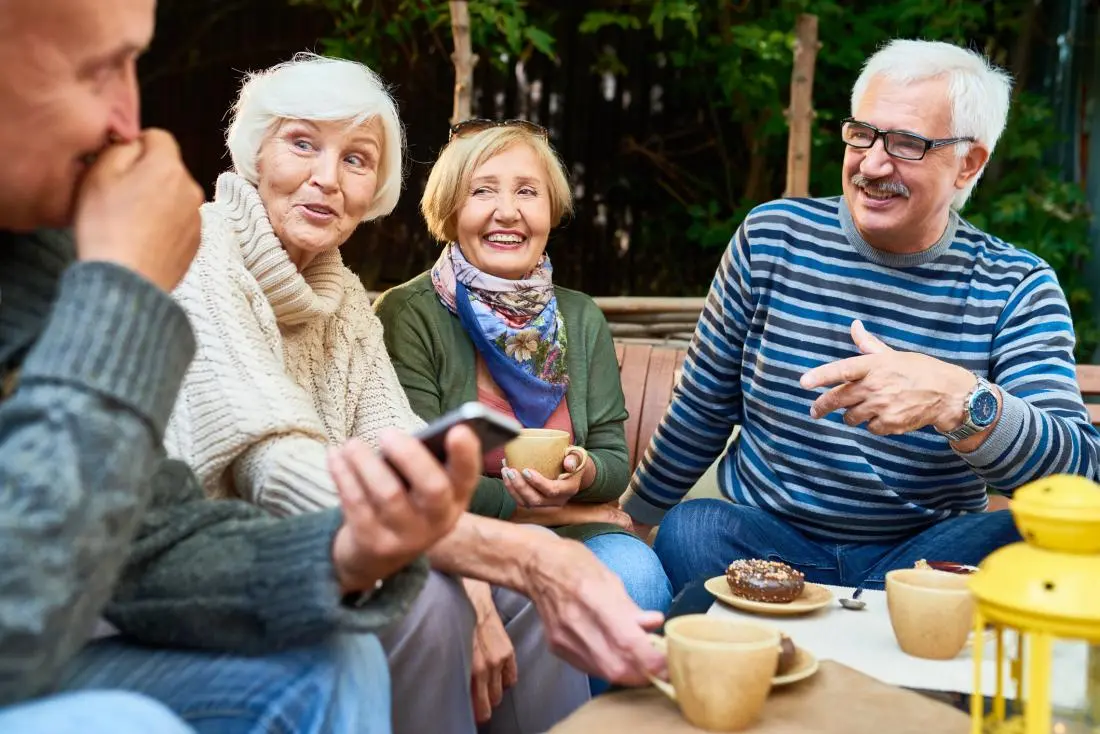Nurturing Community: A Lifeline for Elderly Well-being

Amidst the hustle and bustle of contemporary life, the importance of community often takes a backseat, particularly concerning our elderly population. However, cultivating a robust sense of community among older adults is crucial for their overall well-being and quality of life. In this article, we delve into the vital role that community plays in supporting older individuals.
Sense of Belonging and Purpose
As individuals age, they may experience shifts in their social circles due to factors such as retirement or mobility constraints. This can result in feelings of isolation and loneliness, adversely affecting mental health. Engaging with a community provides elders with a sense of belonging and purpose, enabling them to form new connections and develop meaningful relationships.
Whether through local clubs, religious organizations, or volunteer groups, these social interactions cultivate companionship and affirm their identity within the community. At Hunters Creek nursing home, for example, residents experience the profound benefits of community support, fostering a sense of belonging, enhancing health and happiness, and contributing to the broader societal fabric through intergenerational interactions.
Practical Support and Independence
Community support goes beyond emotional connections to offer practical assistance, empowering elders to navigate the challenges of aging independently and with dignity. From neighbors lending a helping hand to formalized support networks like senior centers, these resources provide essential services such as transportation assistance, home maintenance, and healthcare access. By leveraging communal resources and expertise, elders can maintain their physical and mental well-being, enhancing their quality of life while contributing to the community’s welfare.
Enhanced Health and Happiness
Active involvement in the community correlates with better physical health, reduced rates of chronic diseases, and increased life satisfaction among older adults. Engaging in group activities, volunteering, or pursuing lifelong learning opportunities stimulates mental and physical faculties, preserving cognitive function and staving off age-related decline. Community participation nurtures a sense of purpose and fulfillment, fostering overall health and happiness among elders.
Societal Implications
Fostering a sense of community among elders not only benefits individuals but also enriches society as a whole. Intergenerational connections and social cohesion promote inclusivity and support across all age groups. Older adults bring wisdom and experience, contributing to a vibrant tapestry of knowledge within the community. Interactions between different generations foster mutual understanding, dismantle stereotypes, and cultivate a culture of respect and empathy.
Continuing the Cycle of Support
The significance of community for elders extends beyond individual well-being; it forms a cycle of support that strengthens the fabric of society. As elders receive support and engagement from their communities, they, in turn, contribute their knowledge, experience, and wisdom, enriching the lives of younger generations. This intergenerational exchange creates a reciprocal relationship where each member of the community benefits from the collective wisdom and support of others.
Moreover, as communities prioritize the needs of their elders, they become more resilient and inclusive, ensuring that no member is left behind. By investing in age-friendly infrastructure, promoting accessible services, and fostering social connections, communities can create environments where elders can age with dignity and thrive. This not only benefits older adults but also enhances the overall quality of life for everyone in the community.
Conclusion
In conclusion, the community serves as an indispensable lifeline for older individuals, offering vital support for their well-being and fostering inclusive societies. By nurturing a strong sense of belonging, providing practical assistance, and promoting engagement, communities empower elders to lead fulfilling lives while contributing to the greater good. As we strive to create age-friendly environments, prioritizing community support for older adults is essential, ensuring they remain valued members of society for generations to come.





